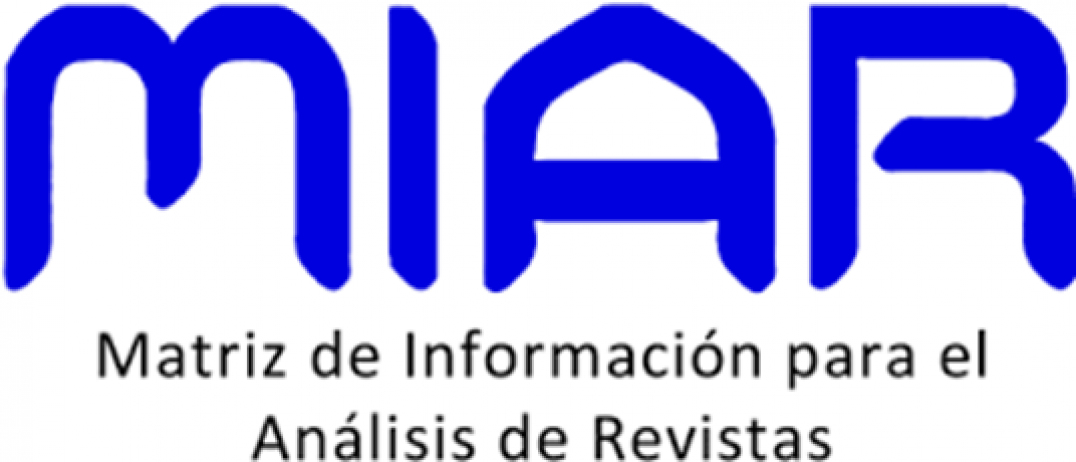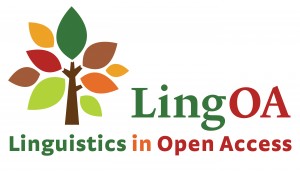Returning Mexican transnational students: Positionality & conflictive relational work
DOI:
https://doi.org/10.32870/vel.vi14.137Schlagworte:
Transnational, Mexican, Education, Relational workAbstract
Mexican transnational students returning from the United States encounter differences, difficulties and challenges as they integrate back into their home education system. Whilst often enjoying acceptance, encouragement and assimilation from teachers and classmates, returning students also face tensions over language usage, the need to relate to others and (re)establishing their identity. These challenges involve confronting group codes of conduct (Anchimbe, 2018), engaging in relational work (Locher and Watts, 2005; Spencer-Oatey, 2011) and establishing individual positionality (Jaffe, 2009). We asked twenty-one transnational university students in Guadalajara, Mexico, to reflect on their educational histories since their return. These are often characterised by negative experiences such as isolation, victimisation and exclusion. The results indicate that subtle (and not so subtle) forms of rejection, unresponsiveness and indifference made the students’ return and establishing a new-found identity in Mexico more difficult and problematic than it needed to be.
Downloads













